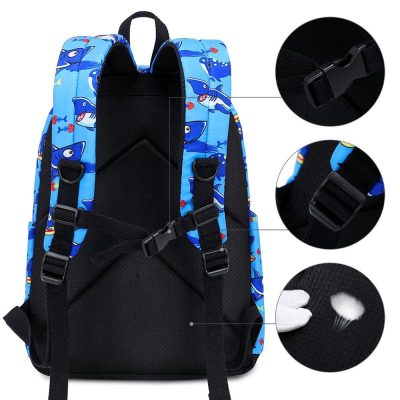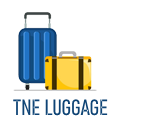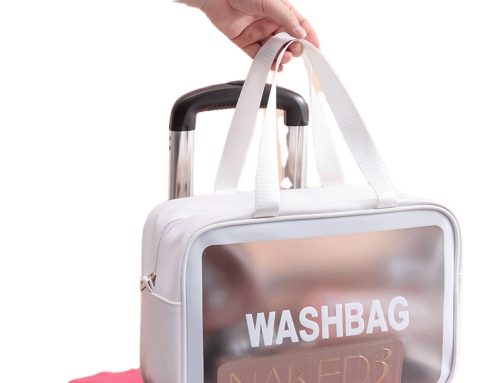For global explorers, ensuring the security of your luggage is essential to have a smooth and worry-free travel experience. Here are some luggage locks and security measures to consider:
- TSA-Approved Locks:
- Use TSA-approved locks on your checked luggage. These locks can be opened by TSA agents if they need to inspect your bag, reducing the risk of damage to the lock. TSA agents have a special key that can open these locks without breaking them.
- Combination Locks:
- Combination locks are user-friendly and don’t require keys, which can be easily lost. Choose a lock with a combination that’s easy for you to remember but not easily guessable by others.
- Keyed Locks:
- Keyed locks provide security but remember that if you lose the key, it could be challenging to open your luggage. Keep spare keys in a safe place.
- Cable Locks:
- Cable locks can secure zippers on your luggage or even attach your luggage to fixed objects, adding an extra layer of security against theft.
- Luggage Straps:
- Luggage straps not only help secure your luggage but can also prevent accidental opening of your suitcase. They’re an added barrier to keep your belongings in place.
- Anti-Theft Luggage:
- Some luggage brands offer anti-theft features like locking zippers, RFID-blocking pockets, and cut-resistant straps, making it harder for thieves to access your belongings.
- RFID Protection:
- If your luggage has RFID-blocking features, use them for protecting sensitive documents and credit cards from unauthorized scanning.
- Secure Your Zippers:
- Locking your luggage zippers together with a small padlock or cable lock can deter opportunistic theft.
- Personal Item Security:
- Keep your valuables (passport, money, electronics) in a secure personal item (backpack, messenger bag) that you carry with you at all times, especially during transit.
- Avoid Over-Packing:
- Over-packing can strain zippers and seams, making them vulnerable to damage or breakage. Pack within the luggage’s capacity to prevent these issues.
- Luggage Tracking Devices:
- Consider using luggage tracking devices that allow you to monitor the location of your luggage in case it gets lost during transit.
- Know Your Airlines’ Policies:
- Be aware of the baggage policies of the airlines you’re flying with. Some airlines may have specific guidelines regarding locks and security measures.
- Keep an Inventory:
- Make a list of the items in your luggage. This can help you identify missing items quickly and assist with insurance claims if necessary.
- Travel Insurance:
- Purchase travel insurance that covers lost or stolen luggage, ensuring you have a safety net in case of unfortunate incidents.
Remember that no security measure is foolproof, but by taking these precautions, you can significantly reduce the risk of theft or unauthorized access to your belongings during your global explorations.






